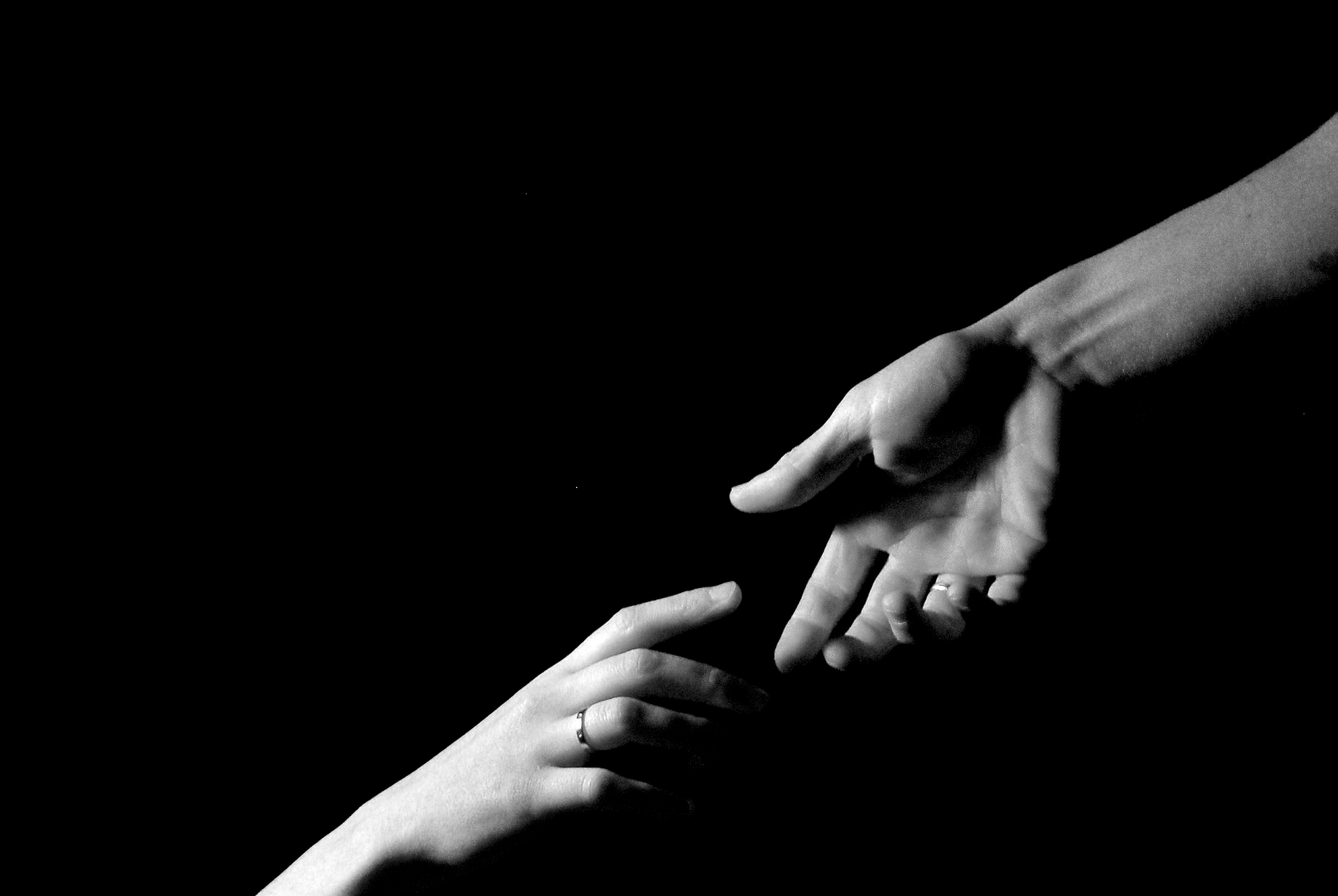Experimentation with alcohol, prescription medication and illicit drugs can change the direction of a young person’s life. Addiction leads to many negative consequences including family problems, social problems, poor academic achievements, health and legal problems.
When parents discover their child has problems with substance abuse there is a flood of different feelings. Anger, fear, shame, guilt, confusion, anxiety… But, is the emotional outburst the best way to approach and help your kid? What are your options?
Try talking first
If you have just become aware of your child’s addiction problem, try to calm down and leave any judgment aside; it won’t do any good. When your child’s addiction is in an early stage, talking can help. So, start an open conversation with your kid, be prepared to ask and answer questions, listen and don’t judge, be ready to offer help and support. When you notice something odd happening, speak up. Having an open, humane approach can get you further.
Online and offline sources can help you cope
Yes, talking about your concerns is helpful. Addiction is a family disease and usually at least one parent has some level of co-dependency with the addict. It’s normal as parents to act this way, to be overly affected by your child’s addiction and constantly try to save them from the disease.
You can find many good books on codependency, but going to Al-Anon support meetings can be of great help. You can also work with an Al-Anon sponsor, who is an experienced member of the fellowship, or with a therapist who knows how to treat addiction-related situations. Also, Codependents Anonymous Meetings or CoDa Online is a good 12 step recovery group. You can attend their meetings through a 24 hours chat room, or get in contact through the forum message board.
Basically, there are many options out there. You need to know that you are not alone. Support for you and your children is available online and offline, you just need to decide what fits your needs best. Support groups, counselling meetings, residential programmes and many more are there for you.
What kinds of therapy works for teen addiction?
According to the National Institute on Drug Abuse (NIDA), early intervention and treatment for adddiction results in more effective results. This does not mean that those who were struggling with addiction for longer should lose hope. But, the sooner you address the problem, the faster your child will be able to re-adapt to life and move forward. The options for teen addiction treatment are:
1. Detoxification – Detox is the first step in the process of recovering from any substance addiction. During detox, psychoactive substances leave the body and can trigger withdrawal symptoms in drug-dependent people. The safest and best way to go through detox is under medical supervision, although there are possibilities for successful home-detox. Because detox can be an uncomfortable stage, medical professionals can provide prescription medication to make the withdrawal symptoms less severe.
2. Residential addiction treatment programs for teens – Some teen addicts need to go away from their surroundings for a while. Residential programs offer a place to live where teenagers can focus on recovery and learn new, positive behaviors. The programs often last for 90 days, or more. Some teens need at least 6 months to a year to recover from addiction.
3. Outpatient addiction treatment- These programs offer daily counseling and support meetings, educational sessions with psychologists or psychiatrists, and other programs. Then, at the end of the day, they allow the individual to return home.
4. Follow-up treatment programs – Finishing a treatment program is only the beginning. Aftercare programs play a vital role, since they help your son or daughter keep their focus and use the thing they learned. This may be in the form of 12-step programs or continued individual or group therapy.
Should I kick him out?
Let’s be honest, no parent wants to just close the door and shut their kid out of their life. Parents get desperate, just imagine wanting to help someone and they aren’t listening, after a while it starts to feel like you’ve done everything you can.
As parents, you should always try to get help for your child before kicking him/her out. Search and learn the possible sources of help and support. There are many programs and facilities to turn to. And if you need professional help and intervention, get it!
In some cases, desperate times call for desperate measures. BUT, kicking your child out should be your last resort; it implies a total breakdown of communication. Instead, parents can stop taking over responsibility, stop offering financial help, and stop emotionally protecting their son or daughter from addiction. Sometimes, letting your addicted children experience the negative consequences of their behavior can have a good effect. You will always be there for your child, but try to set new house rules, and show love and affection carefully.
The last straw is actually kicking your son or daughter out. If you have come to this point, you can just hope this time they come around. But, this measure has helped in some cases. For youth addicts, hitting rock bottom can be a wake up call. After all, the final decision to get help comes from your kid.










0 Comments